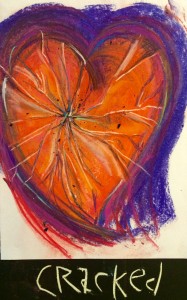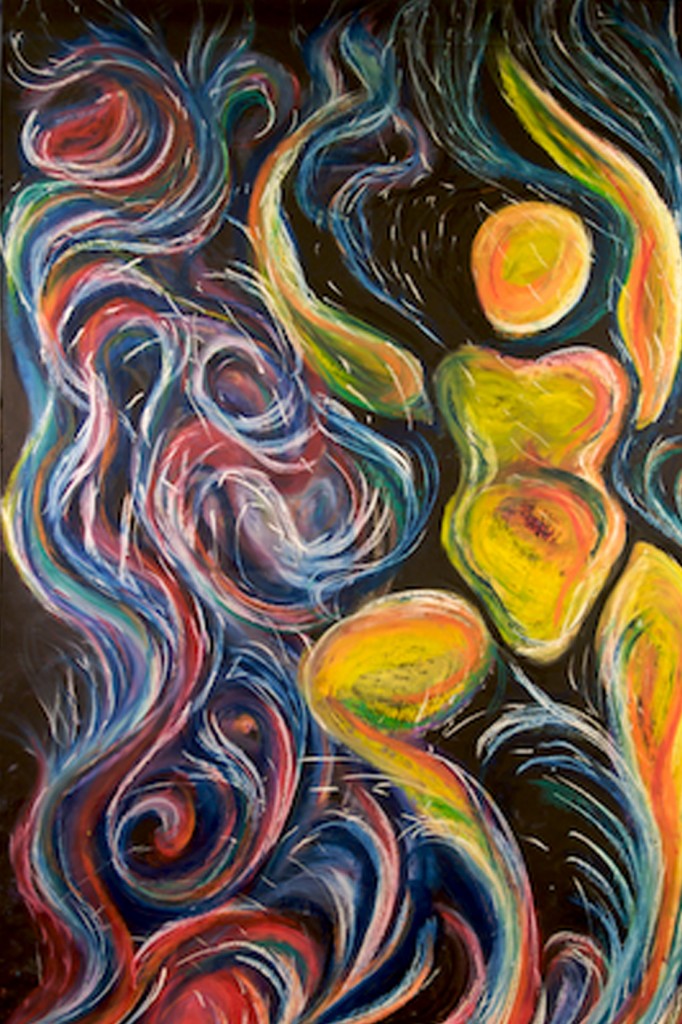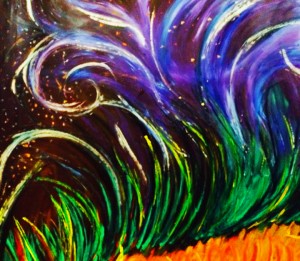Forgiveness is the final form of love. ~Reinhold Niebuhr
Have you ever had to beg for forgiveness? Have you ever thrown yourself at the mercy of someone in power? Has forgiveness ever knocked you off your feet?
I wonder if begging hardens our hearts or cracks them open? I wonder what part power plays in our ability to seek and find forgiveness…
The Narrative Lectionary has gifted us with a series of challenging parables this lenten season. According to the Gospel of Matthew Jesus told these parables as a way of illuminating what the Kingdom of Heaven – that is God’s alternative world order – might look like. This week’s parable from Matthew 18: 15-35 is often called the Parable of the Unforgiving Servant but the reality is no one in this a parable is very forgiving… right before the parable Jesus tells the disciples that forgiveness has no limits… but the servant’s master takes back his supposed forgiveness in a heartbeat.
It seems such a challenge for us to imagine a God who’s love is not transactional. To imagine a being, a God, who holds such immense power, and yet, is willing to relinquish it, willing to let the very creation God so lovingly crafted to crack God’s heart open again and again.
Telling the Truth About Ourselves
So how do we forgive from the heart?
How do we seek forgiveness
and ask forgiveness
without belittling the pain?
How do we learn compassion
but never tolerate abuse?
It begins with telling the truth.
To unbind the wounded parts of our hearts,
and face the wounds we’ve inflicted on one another,
to face the grief of the world and take it in,
and take on our share of the responsibility and our share of the pain
is no small thing.
However,
if we can find the courage,
it will
set us free.
[silence is kept]
God Blesses & Forgive Us
Abandon your fear and leave your disappointment in the dust.
Believe in the abundant forgiveness found along this road
That leads to love.
Dig your feet into the earth and wait for the promise of spring.
Let your heart be broken open
like a seed that cracks open in order to absorb the nutrients that will bring it to life.
Get ready to lean in towards the rising sun
and open your eyes to it’s incandescent light.
This is the beginning of the journey home
to the one who piles grace upon grace.
(1075)

 You know what I’m afraid of?
You know what I’m afraid of? of the people making new lives in the “Promised Land” Joshua takes a moment to remind them who and whose they are. Whenever I read these “recaps” of the Ancient Israelites story I’m struck by two things.
of the people making new lives in the “Promised Land” Joshua takes a moment to remind them who and whose they are. Whenever I read these “recaps” of the Ancient Israelites story I’m struck by two things.